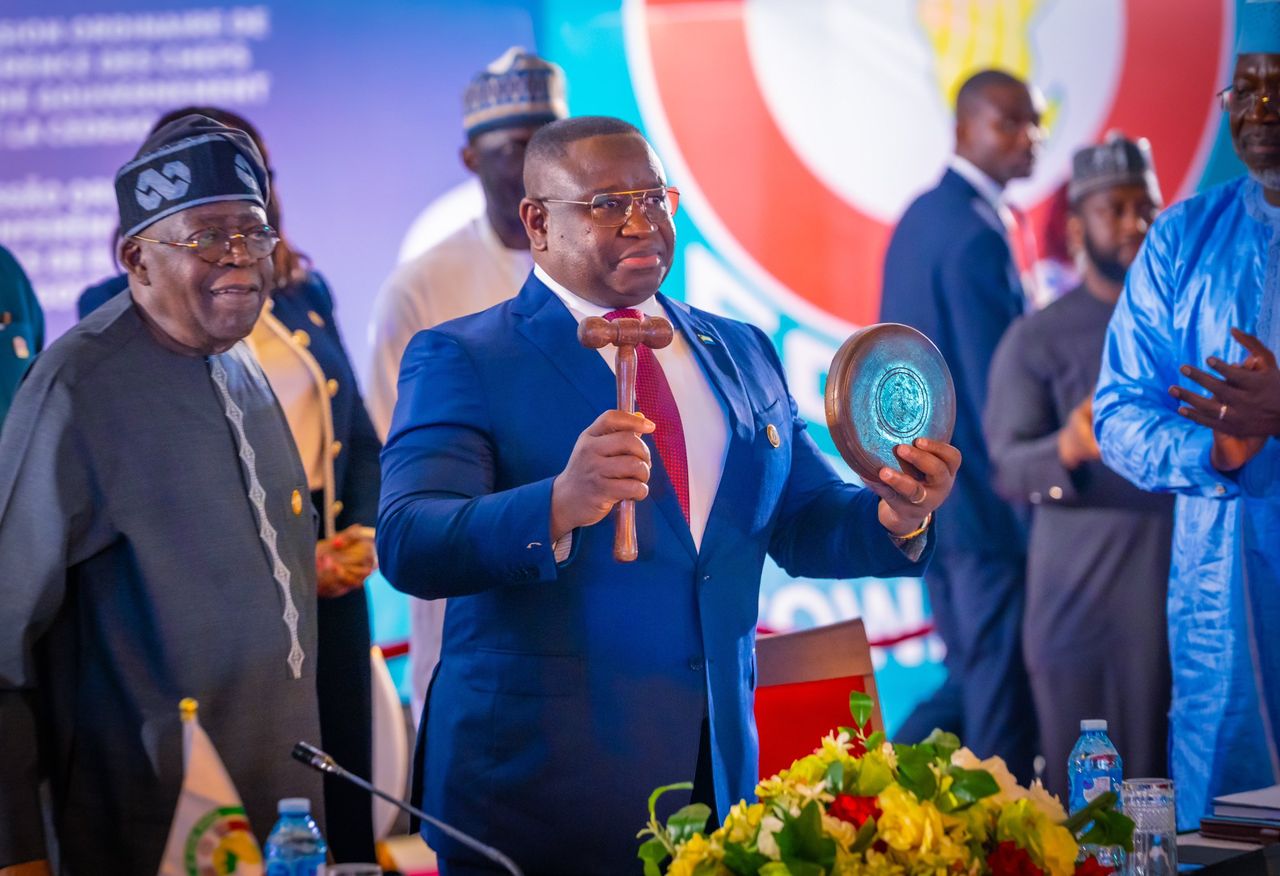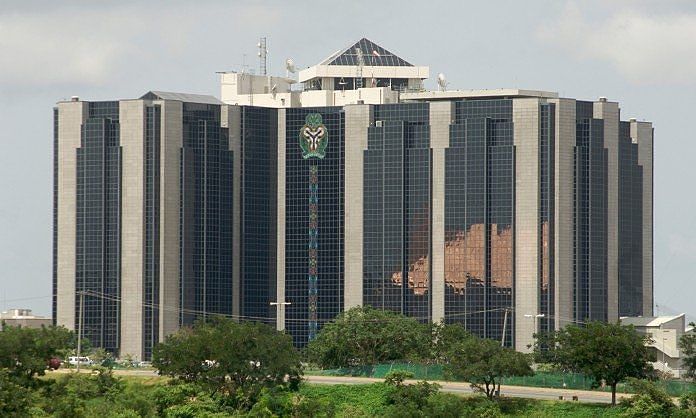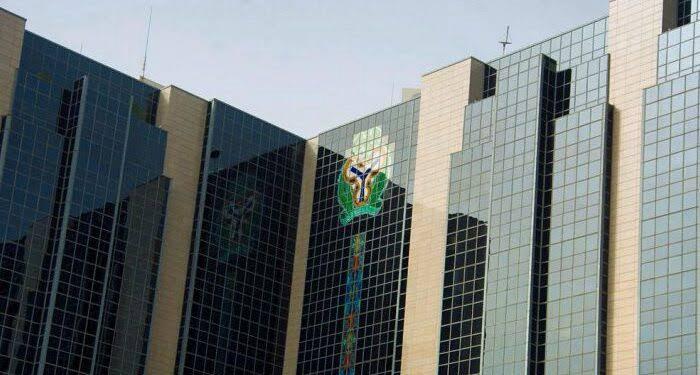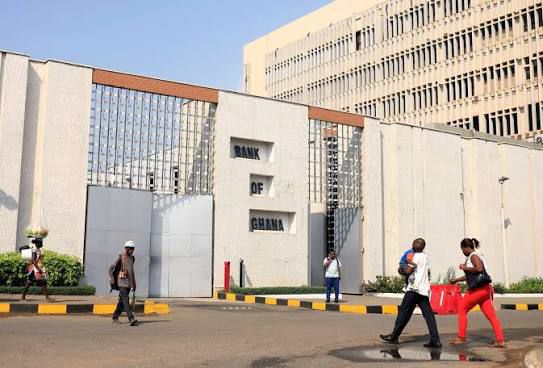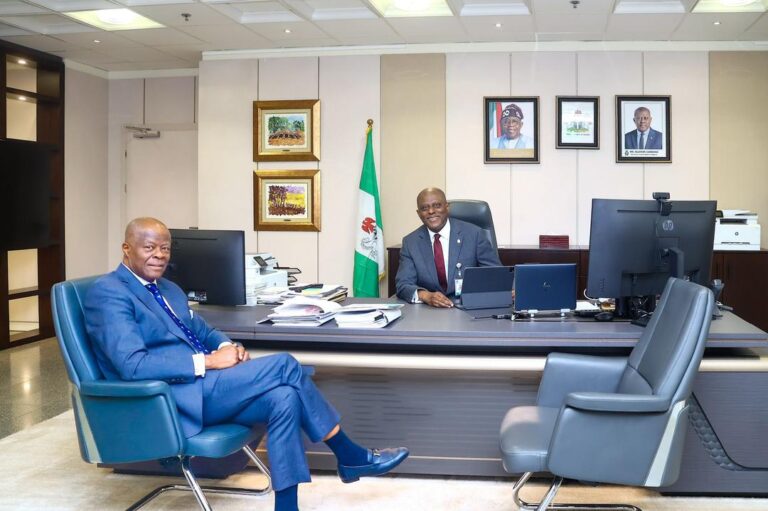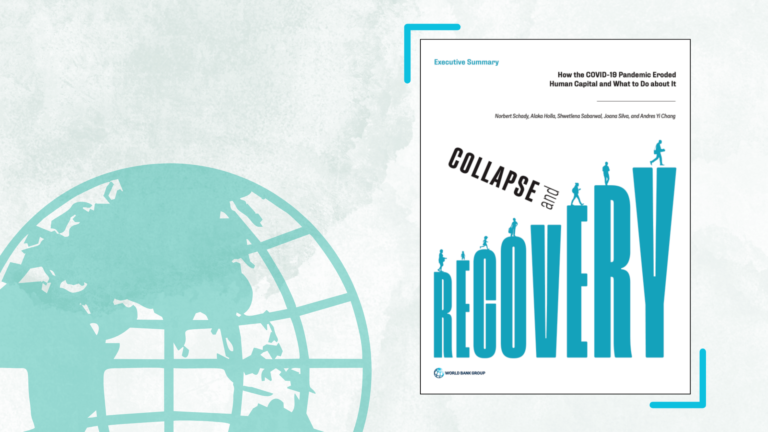The Nigerian president Bola Ahmed Tinubu has handed over Authority of Heads of State and Government of the Economic Community of West African States (ECOWAS) to Julius Maada Bio, Sierra Leone president, after a two term tenure.
Just few weeks ago ECOWAS celebrated its 50th anniversary on May 28, 2025, with loud celebrations and official ceremonies held at Ghana and Nigeria. Now, at the 67th ECOWAS Heads Of State and Government Summit in Nigeria’s capital city Abuja on Sunday June 22nd, 2025, the regional body takes a new face.
61 years old President Bio, in his inaugural speech, promised to prioritise four key areas, namely: restoring constitutional order and deepening democracy, revitalizing regional security cooperation, unlocking economic integration and building institutional credibility.
The former ECOWAS chairman president Tinubu was first elected to the position in Guinea-Bissau on July 9, 2023 and he was re-elected a year later in Abuja, following the decision of the leaders to ensure continuity and consistency in meeting targets on security, reconciliation, and development.
Over the course of his two terms as Chairman ECOWAS, President Tinubu has gone to great lengths to promote peace in the sub-region. His efforts at facilitating peace talks in Sierra-Leone led to the signing of the crucial Unity Agreement between the major protagonists, following the post 2023 multi-tier election crisis in the country and enabling the exile of former President of Sierra – Leone Ernest Koroma to Nigeria to ease tensions in the country. Under his watch, the ECOWAS Standby Force to counter terrorism was activated and the ECOWAS military logistics depot in Lungi, Sierra Leone has been completed.
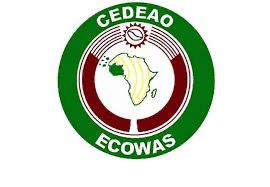
However, in his handover speech president Tinubu expressed gratitude to the leaders for their confidence in him as two term chairman of the regional body citing the challenges encountered during his tenure.

Under the leadership of President Tinubu three west African states (Mali, Niger, Burkina Faso) left ECOWAS and went full blown military dictatorship ditching their sustained democratic institutions.
“As we look forward to the future of West Africa, I remain positive, that with the continued cooperation of all its members, ECOWAS will scale over greater heights in our collective pursuit of peace, security, stability and prosperity for our people and for our region.” Adding that “In the course of the past two years, we have faced complex regional challenges, political transition, and security trends. I thank everyone of you” Tinubu said.
The new ECOWAS president in his acceptance speech also, expressed gratitude to the regional leaders for entrusting him with the leadership position, while expressing his zeal of achieving greater prosperity in the regional community.
“I would like to express my gratitude to my fellow Heads of State and Government for entrusting me with the responsibility of chairing the Authority of Heads of State and Government of ECOWAS.
I am eager to strengthen our collaboration and work together towards a prosperous and thriving sub-region that benefits us all.” President Bio said.

Mali, Niger and Burkina Faso left ECOWAS.
The beginning of Tinubu’s tenure as ECOWAS chairman coincided with incidences of coups and counter coups in the subregion, culminating with the exit of Mali, Burkina Faso and Niger from ECOWAS to focus on a security partnership they established earlier called the Alliance of Sahel States (AES).
The Sahelian bloc led by military regimes, whose existence is anti-thetical to ECOWAS democratic norms and rules, have also severed military ties with their former Western allies like the United States, United Kingdom and France, and now relying on Russia for military support. Notwithstanding, the Burkina Faso military head of state frequently receives loud applause, cheers from the people, signaling their support to his current military administration.
However, tinubu’s tenure became a bulwark against the erosion of democratic values. Insisting, “We will not allow coup after coup in Africa”. ECOWAS under His watch imposed far reaching sanctions on Niger and almost at the point of using military force to get them to return to constitutional rule and deter coup d’etats in the sub-region. However, President Tinubu softened his earlier stance probably taking into consideration public sentiments such as those expressed by the only surviving founding Father of ECOWAS General Yakubu Gowon who called for the lifting of sanctions.
On February 24, 2024, ECOWAS lifted most of the sanctions on Niger and President Tinubu urged the three countries to return to the community noting that ECOWAS must re-examine its current approach to the quest for constitutional order; although, the three nations who officially announced their withdrawal from ECOWAS on January 28, 2024 are yet to rejoin the regional community–their withdrawal has since taken effect on the 29th of January 2025, and are seen focused on their new alliance called Alliance of Sahel States (AES).




